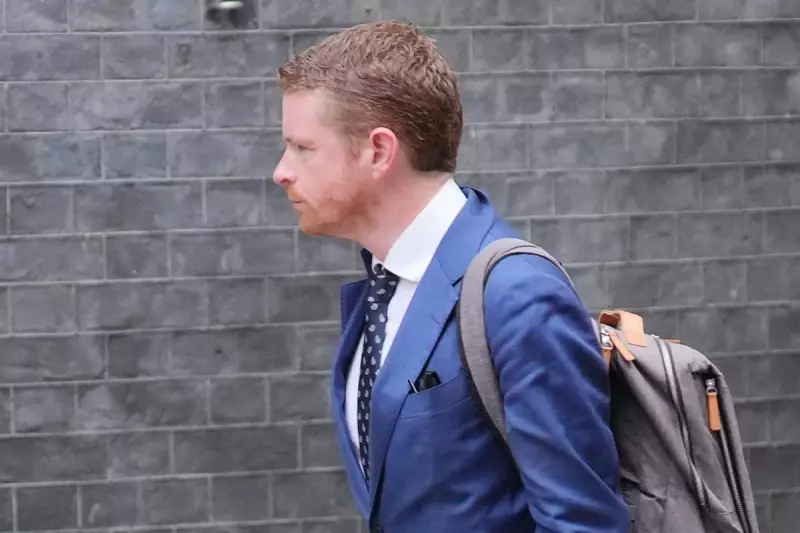
Sir Keir Starmer has publicly defended his top election strategist, Morgan McSweeney, following revelations by Lord Mandelson about a previously undisclosed meeting with the disgraced financier Jeffrey Epstein in 2019.
The Labour leader stated he has "full confidence" in Mr McSweeney, who now serves as his chief of staff, despite the emergence of this controversial encounter.
The Oxford Meeting
Lord Mandelson disclosed that he, Mr McSweeney, and Epstein had lunch together at The Grand Café in Oxford. This meeting occurred long after Epstein's initial sex offender conviction in 2008 and during a period when his criminal behaviour was widely known.
When questioned by the BBC's Nick Robinson on the Today programme, Lord Mandelson confirmed the gathering, stating: "I did, and Morgan McSweeney was there too." He further elaborated that the discussion centred on "economic policy ideas," a subject he claimed to have found intellectually engaging at the time.
Questions of Judgement
The revelation immediately sparked scrutiny over Mr McSweeney's judgement. Associating with a convicted sex offender and alleged trafficker like Epstein, years after his crimes were public knowledge, presents a significant political liability for a figure at the heart of Labour's general election campaign.
Lord Mandelson, a former Labour business secretary, attempted to downplay the significance of the meeting. He insisted he saw "no evil, heard no evil" from Epstein during their interactions and was merely interested in the economic concepts being discussed.
Starmer's Unwavering Support
Facing questions on the campaign trail, Sir Keir Starmer stood firmly by his aide. He emphasised that the meeting was connected to Lord Mandelson's work and not Mr McSweeney's. The Labour leader expressed his complete confidence in Mr McSweeney, who is considered one of the most influential figures in the party's headquarters.
This incident threatens to undermine Sir Keir's pledge to maintain "higher standards" in public life, a core promise of his leadership. It also raises fresh questions about the transparency and past associations of key figures within the Labour Party's inner circle as they campaign for keys to Number 10.






